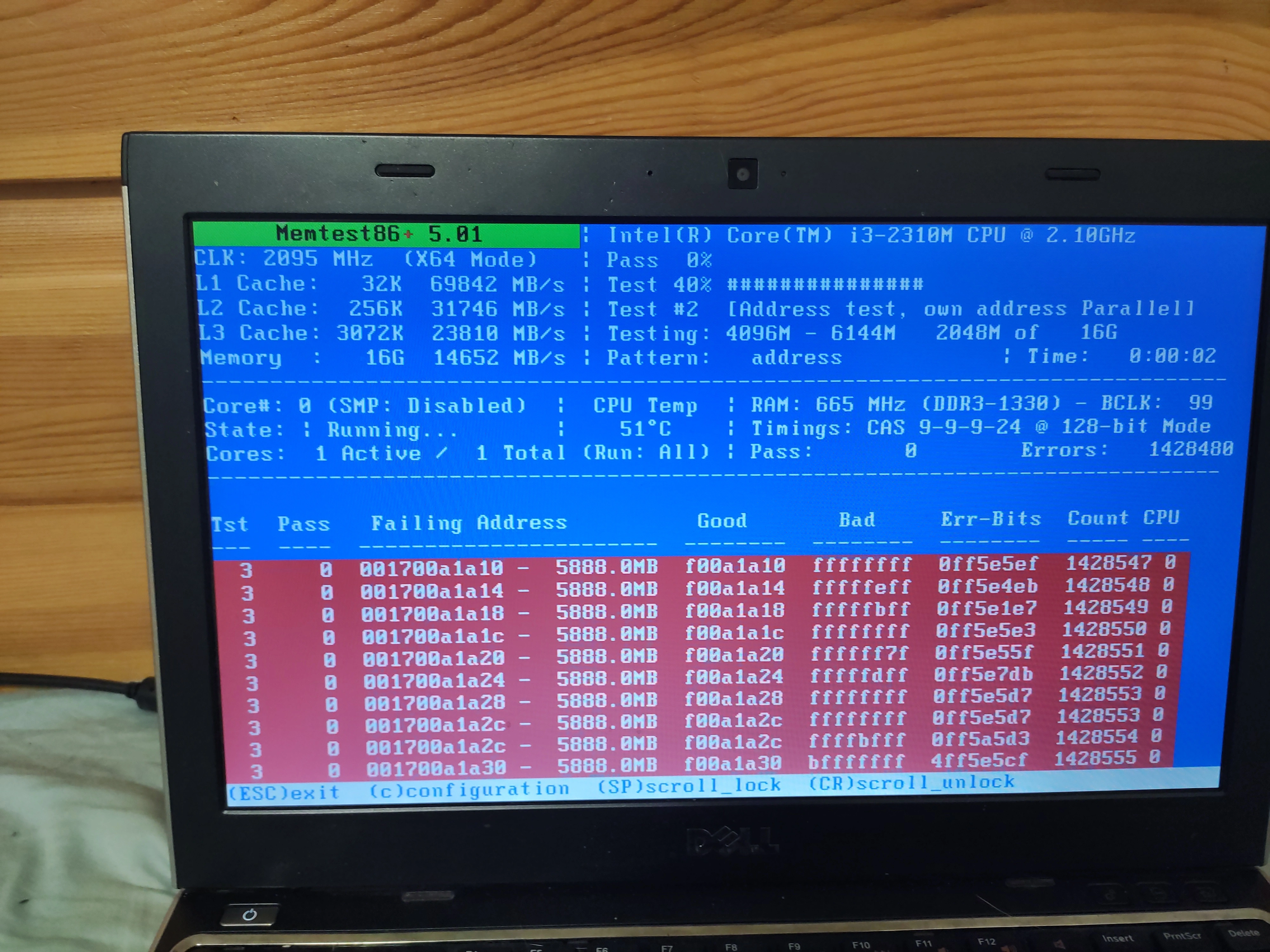EDIT: Thank you for all the comments and suggestions! I’m sorry I can’t reply to everything but I have a list now of hardware to look at. I appreciate that everyone has been so helpful! I’ll post an update once I buy one and get it going.
I’ve been running a Plex server for music off my gaming laptop for a few months and (I think) I’m ready to take it further - that is, I’d like to have the server running on its own hardware.
At this point, I’d just be running a music server, but I know I’ll want to add more services.
The first would be something like Google Drive - I’m working with a couple of other people on business plans and I’d love to self-host our files and the software (like LibreOffice) to edit them.
I’m comfortable with the software side and I’m finding lots of options, especially in this community.
The hardware side… I’m feeling a little overwhelmed by all the options and I don’t know enough to judge the search results.
Any recommendations for hardware or links to guides would be appreciated.
I’d get any optiplex, the newer the better.
I bought this one and it’s been wonderful to run +20 services. A few of those are Forgejo (github replacement), Jellyfin (Plex but actually self-hosted), immich (Google Photos replacement), frigate (to process one security camera).
(Only Immich does transcoding, jellyfin already has all my media preprocessed from the GPU of my laptop)I bought it bare-bone since I already had the RAM and an SSD, plus I wasn’t to use windows. During this year I’ve bought another SSD and a HDD.
I bought it on amazon, but you could buy it from the seller, although I’d recommend amazon to not deal with the import and have an easy return policy.
I got the N100 version of that one for my homelab. Works really well. But if the idea is to expand to a business at some point, it’s not gonna be powerful enough.
Check eBay for used business micro/mini/tiny PCs. They’re pretty cheap, and low power consumption. They’re mostly Intel processors, so that’s what you make of it. If I were you I’d look for i3 processors 9th gen and up, i5 and i7 8th Gen and up for transcoding. They can hardware transcode pretty much anything but AV1, vp9, and hevc 12bit but the processors are powerful enough that they can transcode those to x265/264 to a device or two using the CPU without issues.
If you don’t plan on transcoding, I’ve had no issues with a 5th Gen i5 NUC doing server things, but I do offload any processor heavy things to my 7060 micro (8th Gen i7) machine if I want it done quickly.
A simple way to ensure your selfhosting is easy to manage is to get a NAS for storage and then other device(s) for compute. For your current plans I think you’d get far with a Synology DS224+ (or DS423+ if you want more disk slots).
Then when the NAS starts to be not enough you can add an extra device for compute (a mini pc or whatever you want) and let that device use the NAS as a storage.
Oh and budget to buy at least one large USB Drive to use as a backup, even if your NAS runs a redundant RAID.If you have a spare laptop/phone, I’d find a good tutorial and start there and then venture towards new hardware as your needs require it. Personally, I bought a (used) laptop when my main laptop wouldn’t boot, but then I wiped my malfunctioning laptop and it started working again. I’ve been using the used laptop as a server ever since.
Personally, I have yet to find something that I couldn’t self-host on the laptop and still don’t quite grasp why I’d need a heavier-powered device.
That’s what I’m also doing – using a junk old laptop as NAS and it’s been pretty great so far. What would you recommend for expanding the storage of it? It has a SATA 2.5" port and I believe an nvme SSD slot. From past experience, the bigger 2.5" HDDs are slow and have a high failure rate. Maybe it’s just time to ditch the old laptop.
If you are concerned about HDDs failing, I would try the nvme instead. For me, I have a 1tb external HDD connected to my server-laptop. It’s definitely an eye-sore but my server is basically on the shelf out of the way and I SSH into the server 99% of the time unless it goes down.
The HDD is not blazingly fast by any means, but I stream jellyfin videos which is great. There is maybe a 1-2 second pause before a movie starts, but there are no noticeable buffering after, even @ 1.75 speed
Get a old workstation off of eBay and then modify it to add the stuff you need.
Highly flexible and cheap
I’m a big fan of ipmi so I can remotely manage it. I’d look at one of these now: https://www.starwindsoftware.com/blog/supermicro-superserver-e200-8de300-8d-review/
I don’t really like having to connect a monitor and keyboard when working on my servers now.
Storage is really limited for TV and movies though if you are running Plex.
If you want to host something like libre office, just remember how important backups actually are. If you take the risk of hosting business documents, make sure you do everything necessary to protect them.




